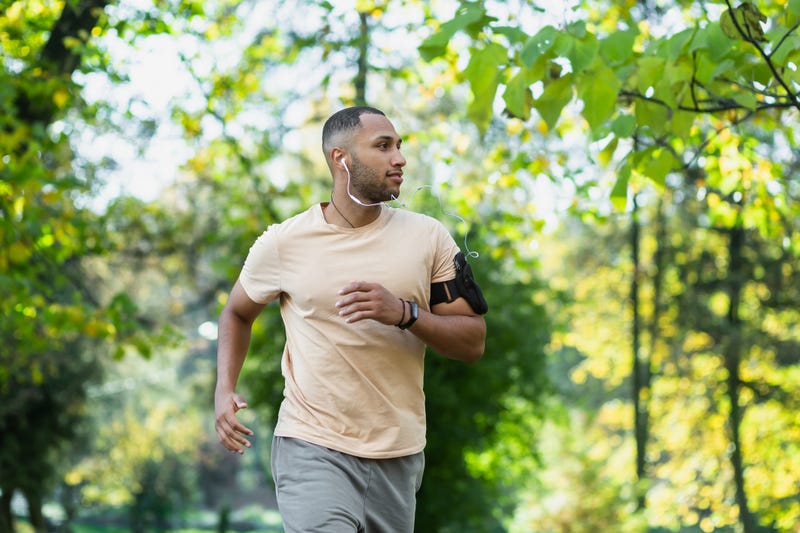
If it ain’t broke, don’t fix it. That age-old saying may work for your car or your computer, but not your health.
A recent study shows that a majority of Americans, 57% wait until a medical concern to start making healthier lifestyle choices. For some, the job is just too big.
“Trying to do everything at once is overwhelming and you get stuck in the trap of, it’s too much, so I’m not going to do any of it,” said Chief Medical Officer at UnitedHealthcare, Dr. Abigail Miller.
Instead, Miller says, now is the perfect time to make small gradual changes that will last. “Now that we’re getting more sun, it’s important to take advantage of that.”
Miller cites walking as a great first step. “Maybe it’s setting a goal that you’re going to try and walk for 15 minutes three times this week. That’s a great goal to start with. Once you hit that goal make another goal for the next week.”
Aside from the physical benefits of walking, there are also the mental perks from the added vitamin D, which is in high demand here in Minnesota. According to the National Institutes of Health, approximately 41.6% of the population is deficient in vitamin D with that number being higher in places like Minnesota where our distance from the equator keeps the sun’s UV rays from having the power to help convert vitamin D in our skin. Those rays are important as a lack of vitamin D is linked to bone, joint and muscle pain as well as low energy, frequent illness, anxiety and depression. “We feel less motivated, we want to sleep more and don’t have a lot of energy, especially in that January and February time,” Miller added.
The other key component of health that many of us are skipping out on is sleep.
“It is incredibly common for people to say they’re not getting enough sleep,” Miller explained. “Many can fall asleep but wake up early and can’t get back to sleep.” Miller said we need at least six hours of sleep a night to maintain health, but more could result in increased energy, better focus, elevated mood, less sickness and a long list of benefits.
If you’re sleeping poorly, Miller says there are several things to consider. “Try avoiding or decreasing alcohol and caffeine consumption. The other culprit is screens. How many of us are looking at a phone before bed or watching TV before bed? That screen time and blue light are actually really negative for your sleep.”
So, how do you know if your sleep is adequate or if you’re getting enough exercise and vitamin D? That’s the third critical tip to getting healthy: get yourself into the doctor and if you don’t have one, get one.
According to the National Institutes of Health, 30% of Americans don’t have a primary care doctor and do not keep up with wellness visits and preventative care. Miller says health plans typically cover this type of care which can include mammograms, colonoscopy and other tests that can detect cancer early and save your life.
You don’t have to wait for a doctor to tell you what you already know. Starting small can make big changes. “Even a 15-minute walk around the neighborhood gets your body moving, gets that sunlight to create vitamin D and exercise helps you sleep at night,” Miller said. It’s truly as simple as that.
Learn more about these baby steps that can make a big change to improve your health and lifestyle by going to https://www.uhc.com.
